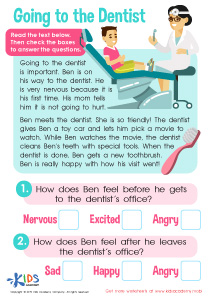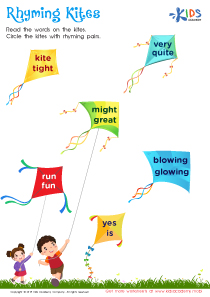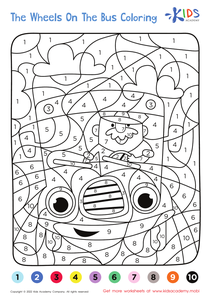Vocabulary Building Grade 1 Building Vocabulary Worksheets
6 filtered results
-
From - To
Enhance your first grader's vocabulary with our engaging Vocabulary Building Worksheets! Designed specifically for grade 1 students, these worksheets provide a fun and interactive way to strengthen language skills. Children will explore new words through a variety of activities, including word searches, matching exercises, and fill-in-the-blank quizzes. Each worksheet promotes not only vocabulary recognition but also enhances reading comprehension and critical thinking. Perfect for classroom use or at-home learning, our printables support early literacy development. Foster a love for language and pave the way for reading success with our creative and effective vocabulary-building resources. Start your child's vocabulary journey today!
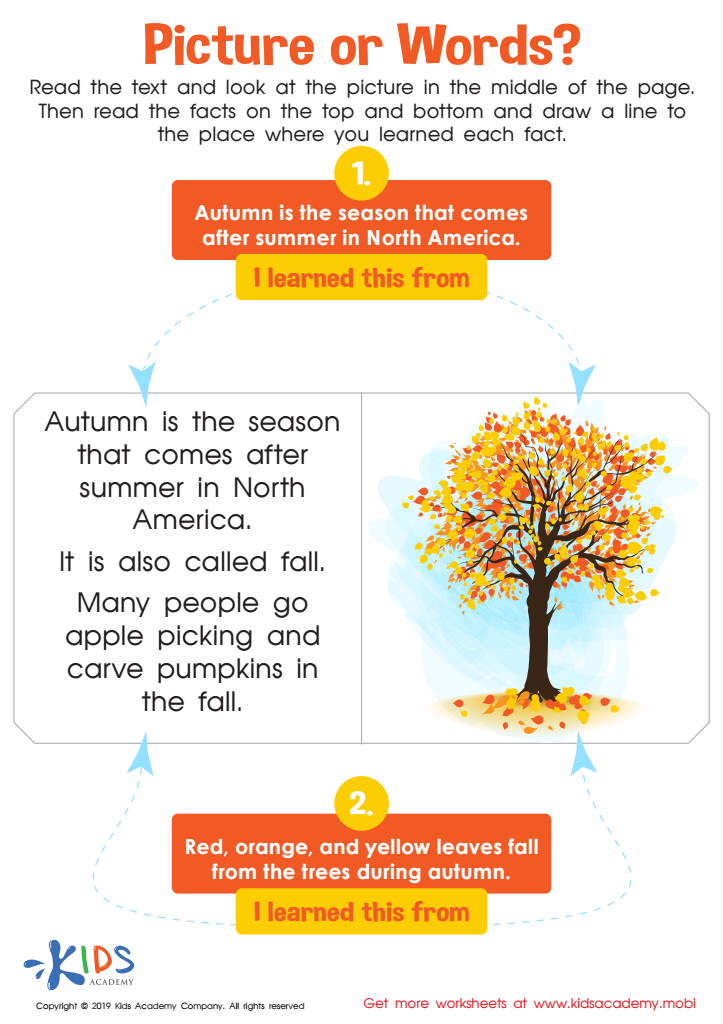

Picture Words Worksheet
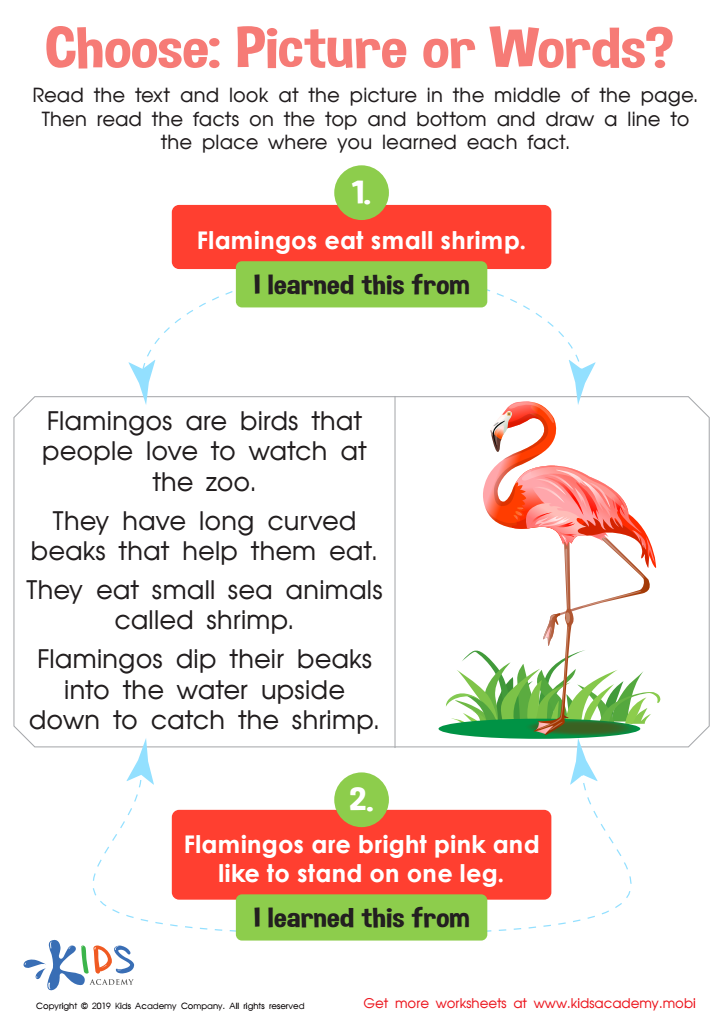

Choose Picture Words Worksheet
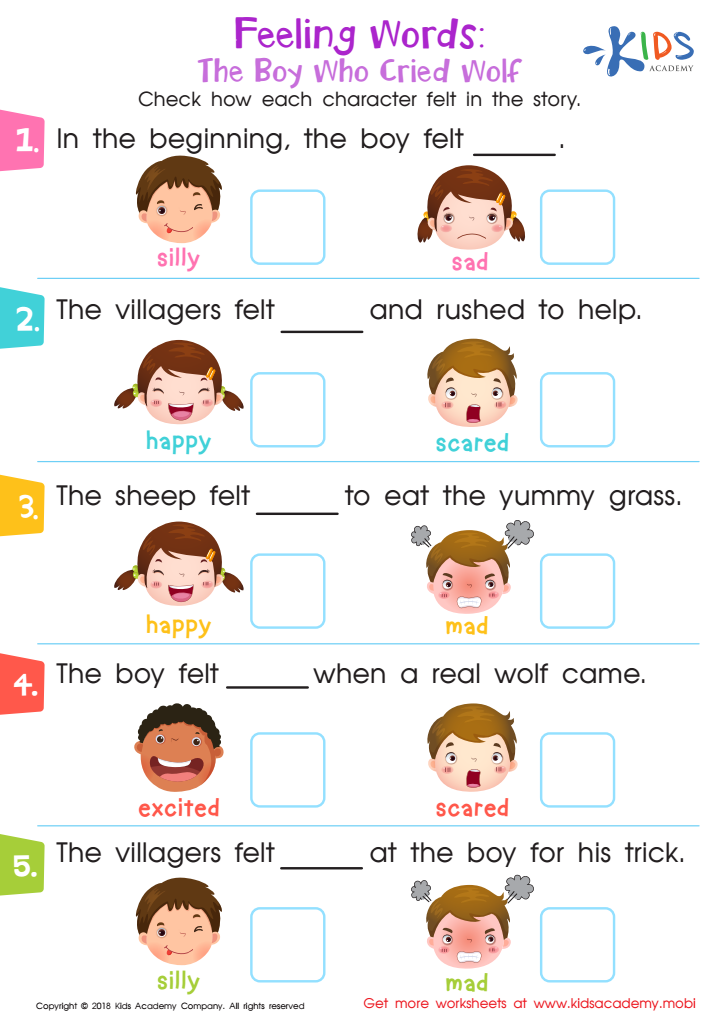

Feeling Words: The Boy Who Cried Wolf Worksheet
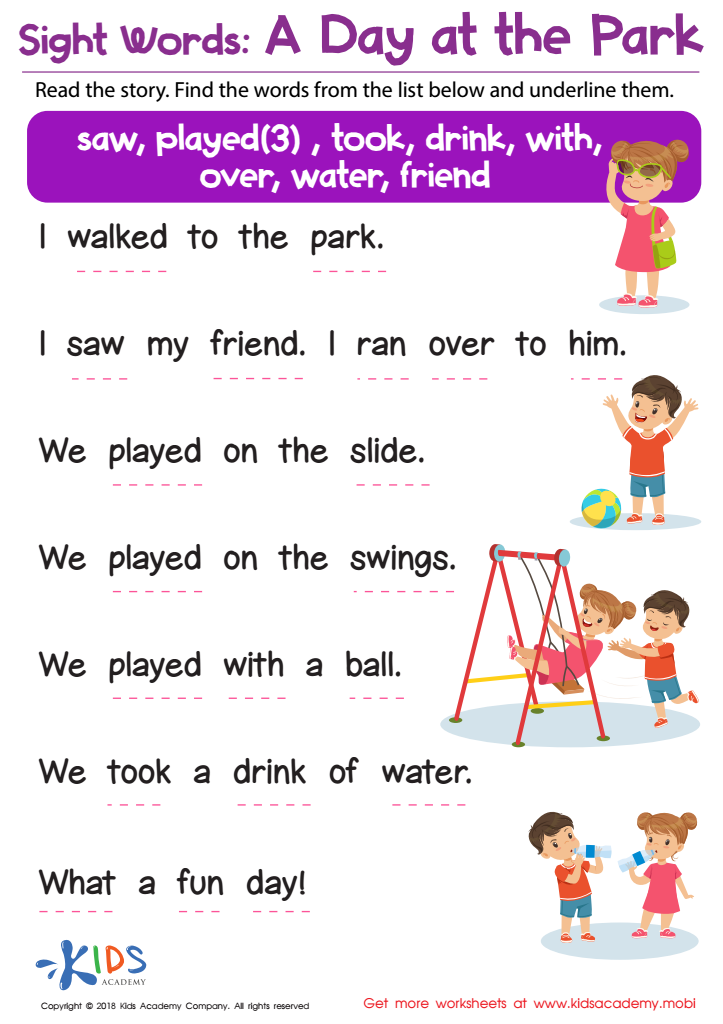

Sight Words: A Day at the Park Worksheet
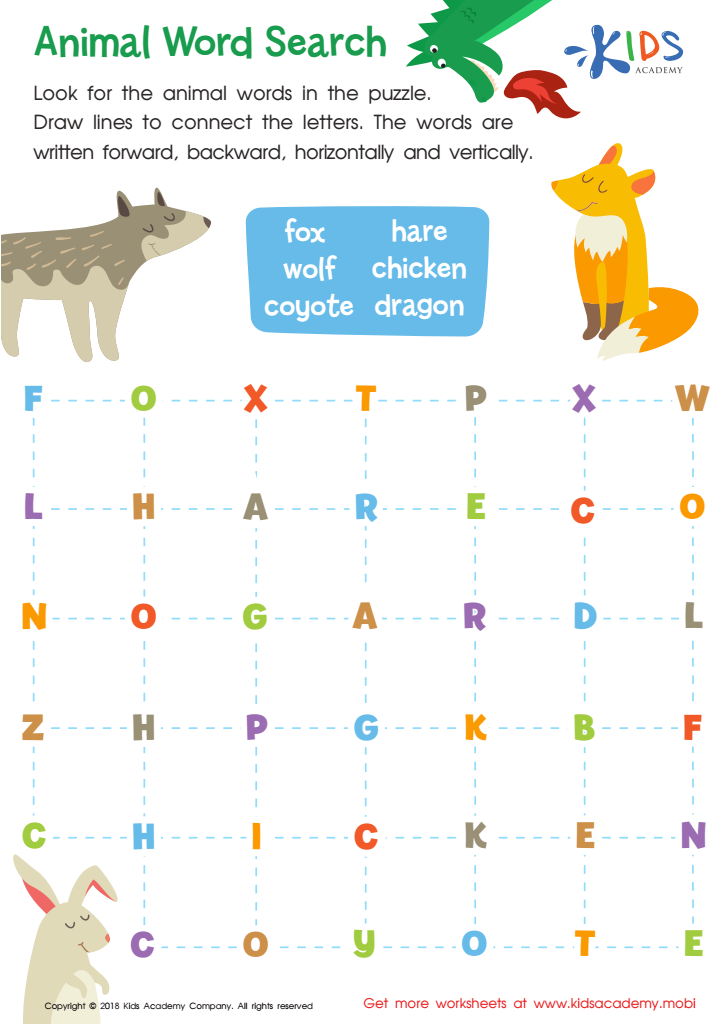

Animal Word Search Worksheet
Building vocabulary in Grade 1 is crucial for a child's academic development and overall communication skills. At this critical stage, children are excited and eager to learn language, making it the perfect time to expand their vocabulary. Strong vocabulary not only enhances reading comprehension but also improves writing, speaking, and listening skills. When students understand more words, they can engage more meaningfully with texts, discussions, and instructions, laying a solid foundation for future learning.
Additionally, a rich vocabulary helps children express their thoughts and feelings more clearly, which is essential for social interaction and emotional development. Parents and teachers play a vital role in this process by creating supportive environments that promote language use through reading, storytelling, and engaging conversations. Activities like word games, finding synonyms, and using vocabulary in real-life situations can make learning exciting and effective.
Improving vocabulary early on contributes to lifelong learning. Children who develop strong vocabulary skills tend to perform better academically and are more confident communicators, assisting them in various facets of life. For these reasons, investing time and resources into vocabulary building in Grade 1 should be a priority for both parents and educators.
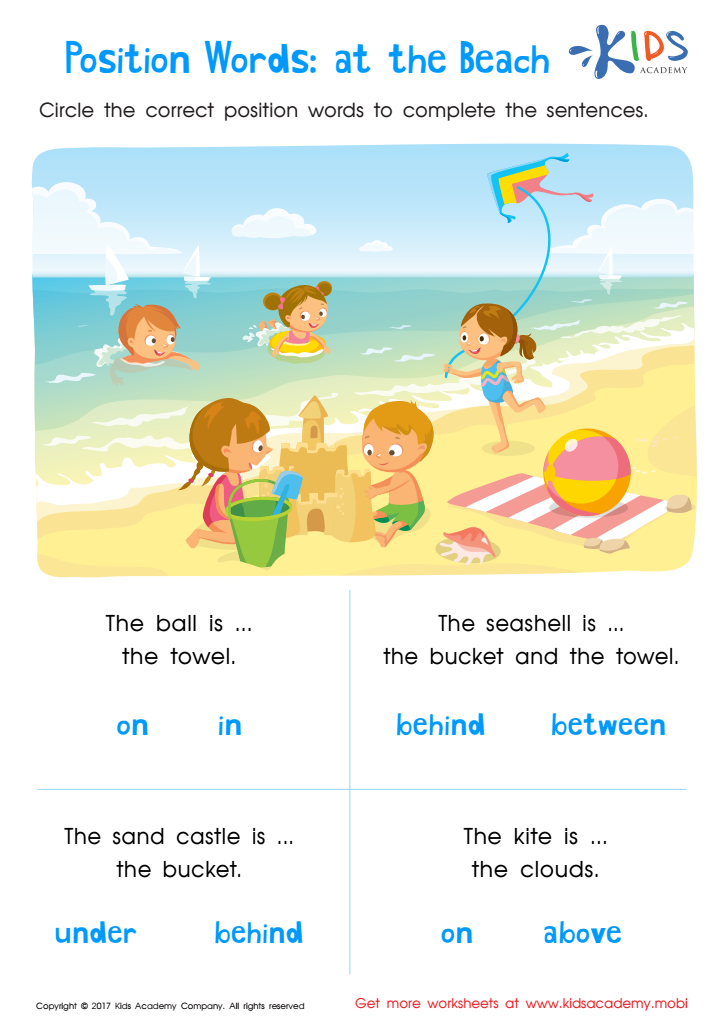
 Assign to My Students
Assign to My Students





